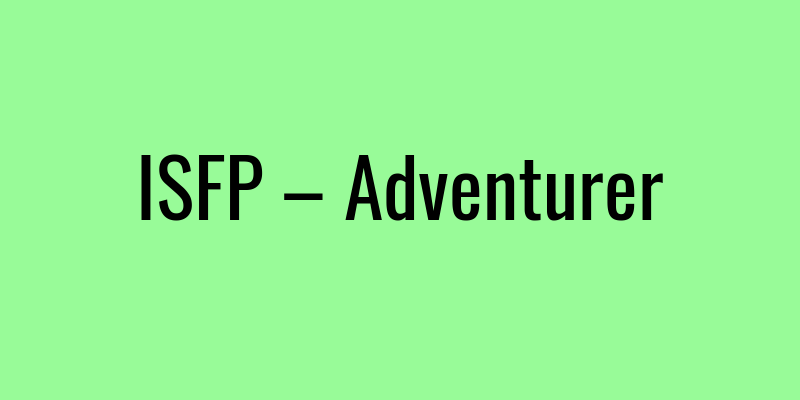
The Pros and Cons of Being an ISFP Personality
Exploring the Benefits and Drawbacks of the ISFP Myers-Briggs Type
The Myers-Briggs Type Indicator (MBTI) is a widely used personality assessment that categorizes individuals into 16 distinct personality types. The ISFP personality type is characterized by introversion, sensing, feeling, and perceiving. People with the ISFP personality are known for their artistic and adventurous nature. In this article, we will explore the advantages and disadvantages of being an ISFP, shedding light on what makes this personality type unique.
Understanding the various aspects of the ISFP personality type can provide valuable insights for both ISFP individuals and those who interact with them. By identifying the strengths and weaknesses of the ISFP type, we can gain a deeper appreciation for the intricacies of human personality. Let's delve into the pros and cons of the ISFP personality and gain a better understanding of this fascinating personality type.
Pros
The ISFP personality type offers a range of unique advantages that contribute to the individual's personal and professional life. From creativity to empathy, ISFPs bring a distinctive set of strengths to the table. Let's explore the positive aspects of being an ISFP.
Missing a pro?
Cons
While the ISFP personality type boasts numerous strengths, it also presents certain challenges that individuals may encounter in various aspects of their lives. Understanding these drawbacks can provide valuable insights for personal growth and development. Let's examine the potential disadvantages of being an ISFP.
Missing a con?
Conclusion
The ISFP personality type encompasses a rich tapestry of strengths and weaknesses, shaping the experiences and interactions of individuals who embody this unique type. By recognizing the advantages and disadvantages of being an ISFP, individuals can harness their strengths while proactively addressing areas for personal growth. Embracing the intricacies of the ISFP personality unlocks the potential for authentic self-expression and meaningful connections with others.
What do you think?
Do you think the pros outweigh the cons?






